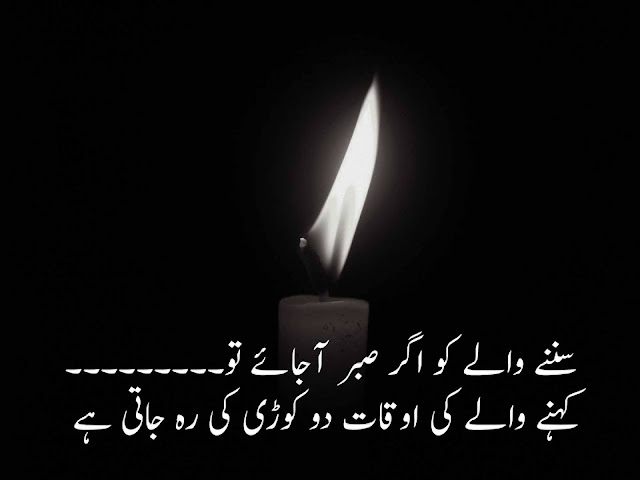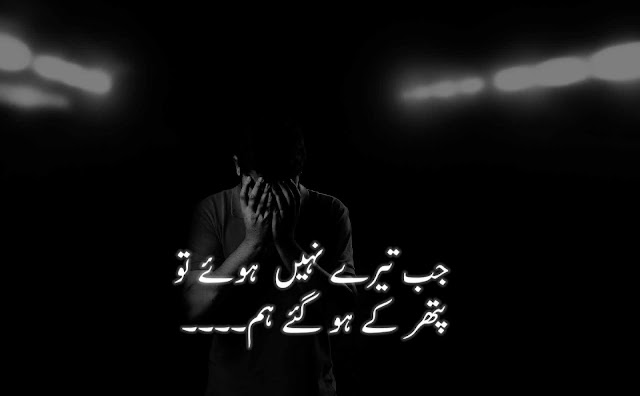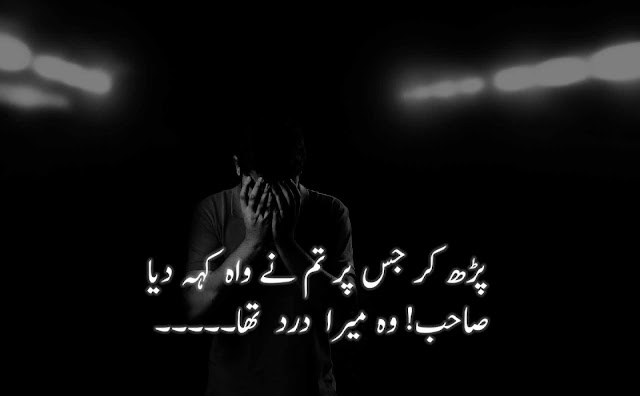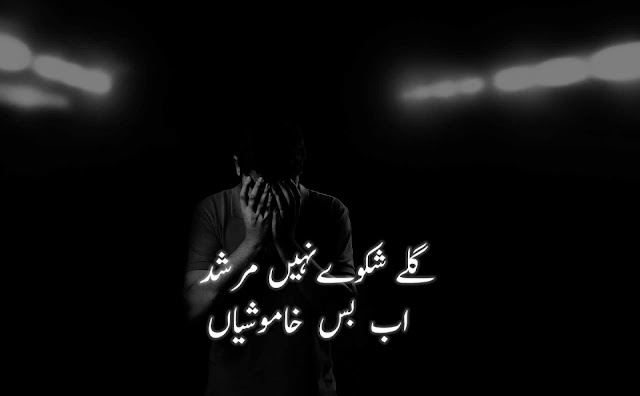Sad Poetry || Sad Poetry In Urdu || Poetry In Urdu || love Poetry
I have written some collections of poetry.it is in four languages in the form of SMS, in Urdu
in English and in Hindi I put a lot of effort into it plz if you like share it with your friends and let me know in the comment section below..
The Despairing Dream: Investigating the Profundities of Miserable Verse
In the tremendous scene of writing, verse remains an immortal medium through which human feelings are caught, refined, and deified. Among its horde structures, miserable verse holds a particular spot, offering comfort to the dismal spirits and resounding with the profundities of human experience. From the eerie stanzas of Edgar Allan Poe to the strong lines of Sylvia Plath, miserable verse addresses the general insights of agony, misfortune, and yearning.
At its center, the miserable verse is an impression of the human condition — a cozy investigation of the intricacies of feeling and the delicacy of presence. It digs into the haziest corners of the mind, facing topics of pain, misfortune, and despondency with undaunted trustworthiness. Through the suggestive utilization of language and symbolism, writers convey the crude power of their feelings, welcoming perusers to drench themselves in the profundities of their affliction.
One of the most striking highlights of the miserable verse is its capacity to rise above individual encounters and reverberate with a wide crowd. Whether it's the hurt of pathetic love, the torment of partition, or the giving up all hope of existential frustration, the topics investigated in miserable verse are all around engaging. In a world full of vulnerability and strife, these sonnets act as a guide of sympathy, advising us that we are in good company in our battles.
The force of miserable verse lies in its capacity to change torment into magnificence — to track down comfort amidst distress and to enlighten the murkiness with the splendor of section. Through the demonstration of composing, writers track down therapy in their affliction, directing their feelings into a workmanship that rises above the constraints of language. In the expression of Rumi, "The injury is where the Light enters you" — a feeling that typifies the groundbreaking idea of bitterness and the recuperating force of verse.
From the elegiac works of John Keats to the confession booth section of Anne Sexton, miserable verse includes many styles and structures. A few writers decide to communicate their distress with expressive elegance, winding around many-sided illustrations and imagery to catch the quintessence of their aggravation. Others settle on a more straightforward methodology, utilizing distinct symbolism and obvious language to convey the unmistakable truth of their feelings. However, no matter what their picked tasteful, all miserable writers share a shared objective — to give voice to the voiceless, to take the stand concerning human involvement with all its intricacy.
In a world that frequently tries to numb the torment and quiet the voices of the underestimated, miserable verse fills in as an essential sign of the significance of embracing our weakness and embracing our mankind. It provokes us to go up against our own aggravation and to recognize the enduring of others with sympathy and compassion. In doing so, it encourages a feeling of association and fortitude that rises above the limits of time, space, and language.
All in all, the miserable verse remains as a demonstration of the persevering force of the human soul — a demonstration of the versatility of the human heart despite misfortune. Through its powerful stanzas and tormenting tunes, it offers comfort to the pitiful and comfort to the spirit. In a world that is frequently portrayed by division and friction, miserable verse helps us to remember our common mankind and our ability for compassion and understanding.






























0 Comments